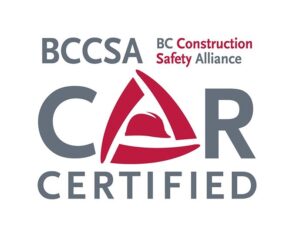EV outlet or charger installation
Installing an EV charger at home is a smart move for convenient and efficient charging. First, we will confirm that your home’s electrical service can handle the additional load. Most EV chargers require a dedicated 240-volt circuit. If needed, consider a service/panel upgrade to account for the additional load that will be added to your home. Installing an EV charger/outlet require adjustments to your home’s electrical system, as it needs a dedicated circuit on your panel.
For Tesla cars, a 240-volt NEMA 14-50 outlet is the recommended home charging installation. This outlet, commonly used for electric ranges and large recreational vehicles, is installed with a 50-amp circuit breaker. Keep in mind that according to code rules, the load from your charger must be at 80% of the circuit breaker capacity. For instance, if your charger draws 40 amps, you’ll need a 50-amp rated breaker. For other electric vehicles, different power supply options may be necessary, such as a 240-volt 20-amp outlet.
Find the right charger for your car and choose a convenient spot near your parking area. Consider factors like cable length and accessibility. Opt for a Level 2 charger, which provides faster charging than a standard outlet. Please, Don’t hesitate to contact us for further consultation on your EV charger installation and pricing.
how do i maintain EV charger?
Maintaining your home EV charger is essential to ensure its longevity and optimal performance. Here are some tips for proper maintenance:
Regular Inspection: Periodically inspect the charger for any signs of wear, damage, or loose connections. Check the power cable, plug, and socket for any fraying or exposed wires.
Keep It Clean: Dust and debris can accumulate over time. Wipe down the charger with a clean, dry cloth to keep it free from dirt. Ensure that the ventilation vents are clear and unobstructed.
Weather Protection: If your charger is installed outdoors, consider using a weatherproof cover to protect it from rain, snow, and extreme temperatures. Make sure the charging cable is properly coiled and secured when not in use.
Software Updates: Some EV chargers have firmware that can be updated. Check the manufacturer’s website or user manual for any available updates. Keeping the software up-to-date ensures compatibility with your EV and may improve performance.
Cable Management: Avoid bending or twisting the charging cable excessively. Proper cable management prevents damage. Store the cable neatly to prevent tripping hazards and prolong its life.
Check Ground Fault Circuit Interrupter (GFCI): If your charger has a built-in GFCI, test it periodically to ensure it functions correctly. If you have an external GFCI, check it as well.
Monitor Charging Sessions: Keep track of your charging sessions using the charger’s app or monitoring system. Look for any irregularities, such as sudden drops in charging speed or unusual noises.
Scheduled Maintenance: Consult the user manual for specific maintenance recommendations from the manufacturer. Some chargers may require professional maintenance at regular intervals.
Remember that safety is paramount. If you notice any issues or suspect a problem, contact us for assistance. Regular care will help you enjoy efficient and reliable charging for your electric vehicle!
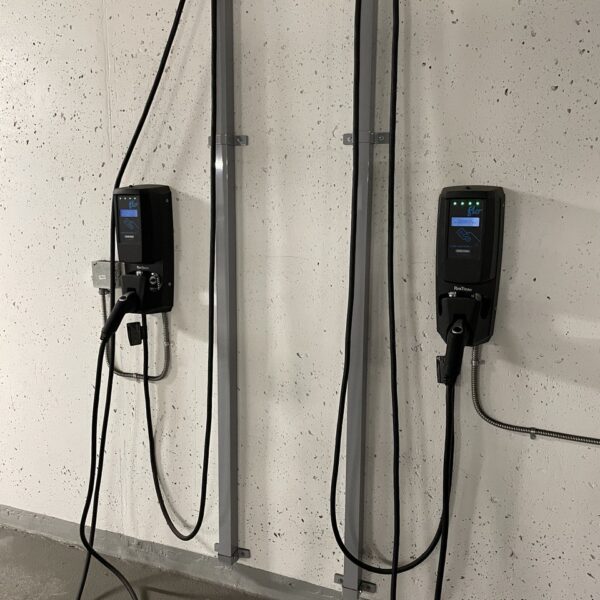
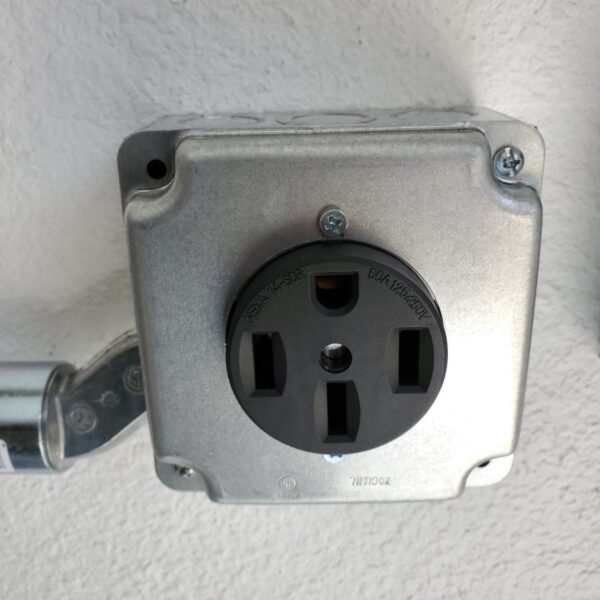
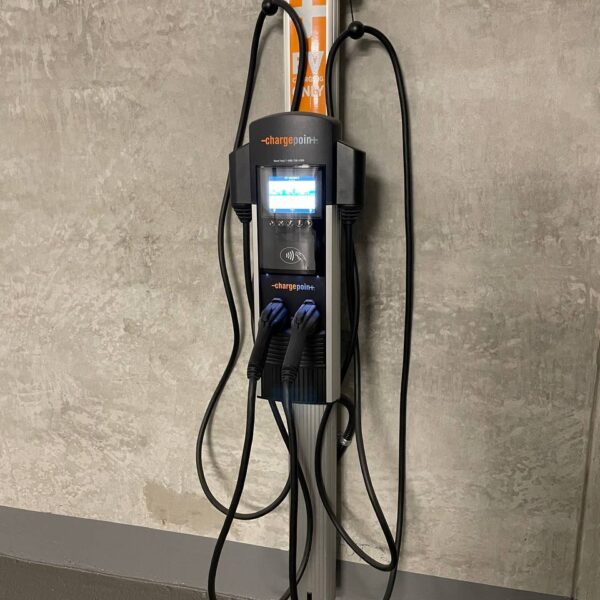
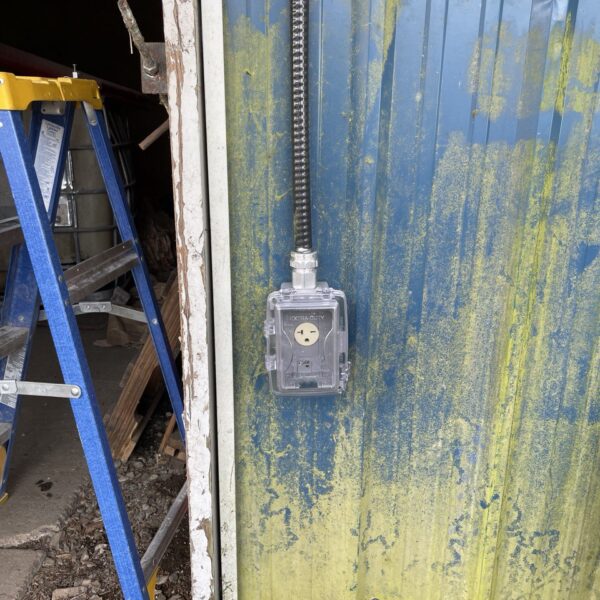
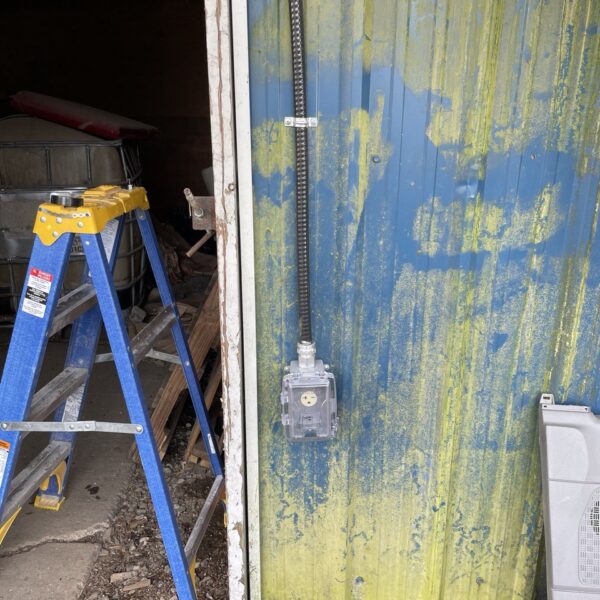
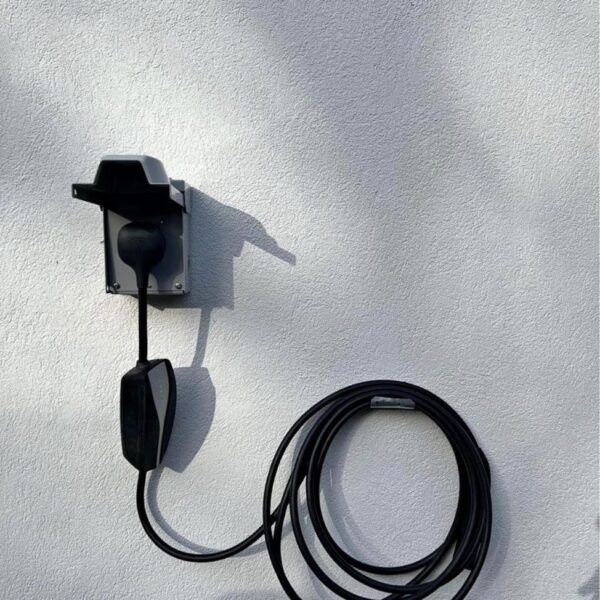
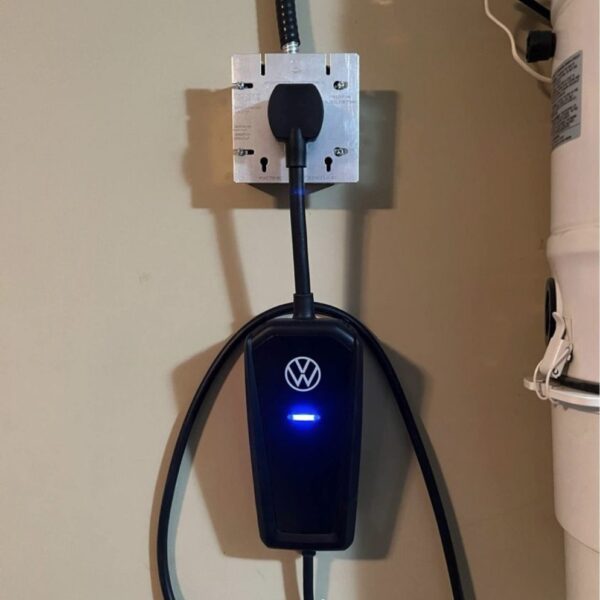
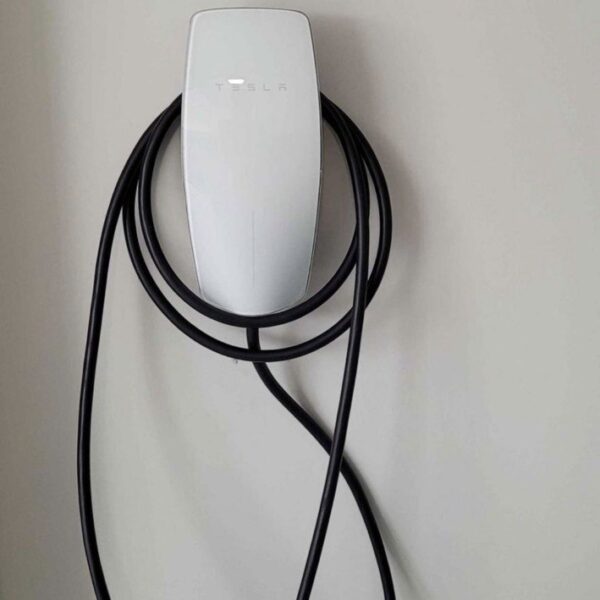
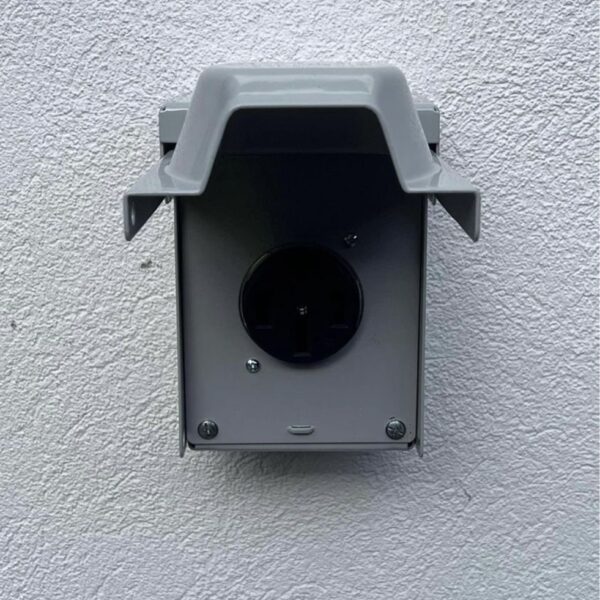
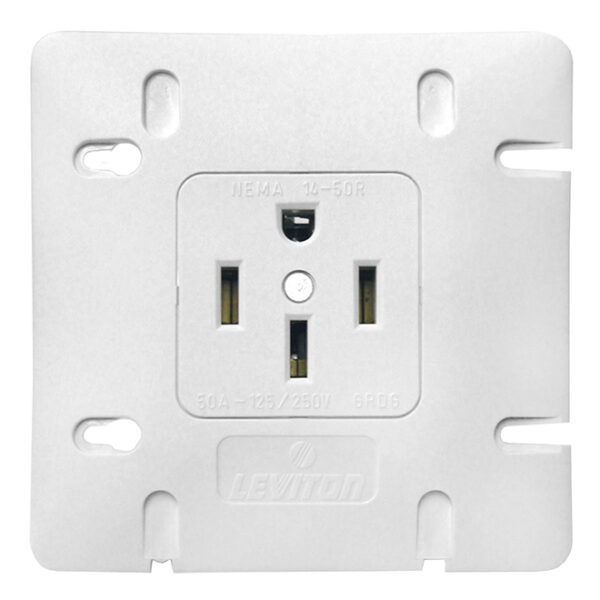
Get a quote
Contact Information
Feel free to reach out anytime. We will promptly get back to you. contact us.
Service locations

- Coquitlam
- Port Coquitlam
- Port Moody
- Burnaby
- New Westminster
- Vancouver
- Downtown Vancouver
- North Vancouver
- West Vancouver
- Surrey
- Langley
- Maple Ridge
- Mission
- Abbotsford
- Chilliwack
- Richmond
- Delta





